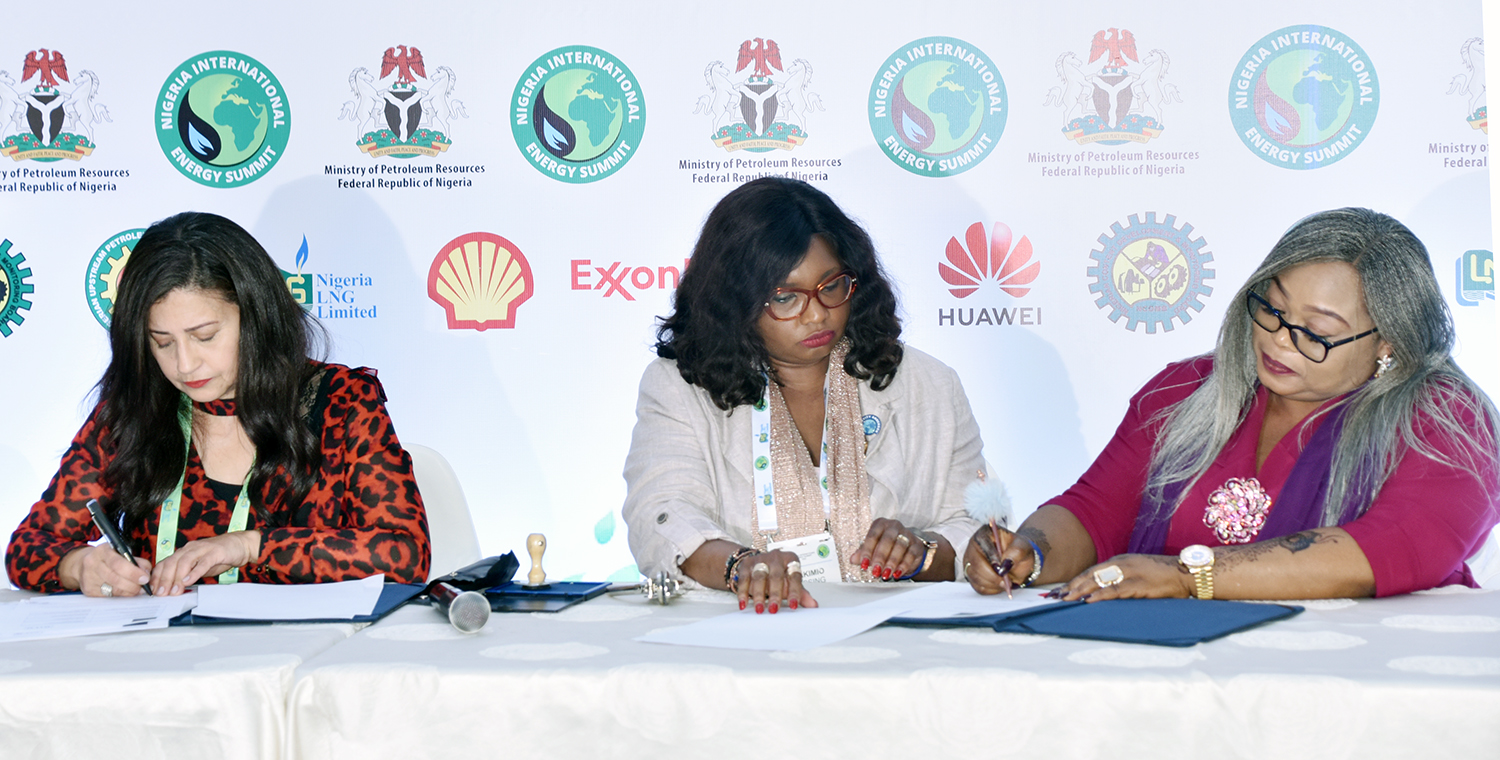Business
SON Plans Stiffer Penalties For Fake Products

Standards Organisation of Nigeria (SON) has revealed that it would soon seek an amendment to the Act establishing the Agency, which would prescribe stiffer penalties or sanctions for importers and manufacturers of fake and sub-standard products in Nigeria.
Mallam Farouk Salim, Director General of SON, disclosed this in Abuja at a media briefing to mark the 50th-anniversary celebration of SON.
Salim explained that the provisions of the proposed law would not only stipulate that the importers and manufacturers of sub-standard products be fined, but also jailed on conviction by the court.
He said SON is poised to fight against counterfeit and sub-standard products across the country, adding that “any time Nigerians buy sub-standard products, they are aiding and abetting the closure of Nigerian industries and helping the youths to be unemployed.”
Commenting further on the effects of sub-standard products on the economy, Salim said the importers of counterfeit products contribute to the present insecurity in the country, as their activities have led to the collapse of industries in Nigeria.
Noting that the Act establishing the SON was last amended in 2015, he said, before 2015, the penalties were not very clear in the Act. So, the amendment has empowered us for conformity assessment.
“The reason we always amend the Act is that the world is evolving and industries are always changing
“The people following the rules are also changing. Hopefully, before the tenure of this administration, we will have another amendment that will be presented to the National Assembly.
“For example, in 2015, the penalty for importing sub-standard products was N1 million and N1 million now, is not significant.
“Most of these people importing these products are not poor, they are rich.
“In the industry where people break the rules, it is the consequences that stop them.
“So, we need to amend the Act to increase the jail term or give them the right to fine and make sure that jail term is added to it”.
On the activities of SON over the last 50 years of its existence, Salim said the organisation has gone through a lot of transformation and evolved to become a standards regulatory body of global recognition.
According to him: “It is important to emphasise that SON today has evolved into one of the world’s most reputable standards regulatory bodies due to good leadership demonstrated by the successive Chief Executives.
“This is seen in the various innovations championed by the past and present leaders of the organisation.
“Some of the notable innovations over time in the Organisation are the Mandatory Conformity Assessment Programme (MANCAP) for local manufacturing, and Standards Organisation of Nigeria Conformity Assessment Programme (SONCAP) for offshore assessment of cargoes’’.
Speaking further on the milestones recorded by SON, he said: “To further demonstrate its desire for a more effective standardisation process, the Federal Government introduced the first ever Nigerian National Standardisation Strategy (NNSS) 2020 – 2022 as part of its economic diversification policy.
The strategy, which was developed by the Standards Organisation of Nigeria (SON), is designed to identify priority areas to focus on, based on national needs assessment.
The SON Governing Council recently approved 168 new Standards for publication and dissemination to various sectors of the nation’s economy in furtherance of the ongoing economic diversification policy.
Currently, SON is structured to lead every process that surrounds the preparation of standards relating to products, measurements, materials, and processes among others, and their promotion at the national, regional, and international levels.
“Working within the provisions of the Enabling Act, SON under my leadership, SON has been able to, through the Standards Council, designate, establish, and approve standards in respect of metrology, materials, commodities, structures, and processes for the certification of products in commerce and industry throughout Nigeria.
“SON is a member of international constellations of standards regulators such as the International Organization for Standardization (ISO).
“Upon assumption of duty in September 2020, we have set some goals to make the Organisation to effectively deliver its mandate.
“So far, we have been able to facilitate the return of SON to the Ports and ensure the election of Nigeria into the standards management committee of the African Organisation for Standardisation (ARSO), among others.”
SON was established in 1970 with the creation of the Nigeria Standards Organisation (NSO) as a Department under the Federal Ministry of Industry, Trade and Investment.
By: Nkpemenyie Mcdominic, Lagos
Business
NPA Assures On Staff Welfare
Business
ANLCA Chieftain Emerges FELCBA’s VP
Business
NSC, Police Boost Partnership On Port Enforcement
-

 News1 day ago
News1 day agoFour Internet Fraudsters Get Jail Sentences In PH
-
Sports1 day ago
President Federation Cup: Sanwo-Olu, Abdulrazaq Set To Grace Grand Finale
-
News1 day ago
Immigration Plays Strategic Role In Nation Building -Worika
-
Rivers1 day ago
FIDA, PCRC Train Police On Paralegal Cases
-
Women1 day ago
How Women Can Manage Issues In Marriage
-

 News1 day ago
News1 day agoSenate Confirms Odey As RISEIC Chairman
-
Sports1 day ago
‘Ofili Still Representing Nigeria’
-

 News1 day ago
News1 day agoCourt Arraigns Rivers Traditional Ruler Over Impersonation, Other Charges

